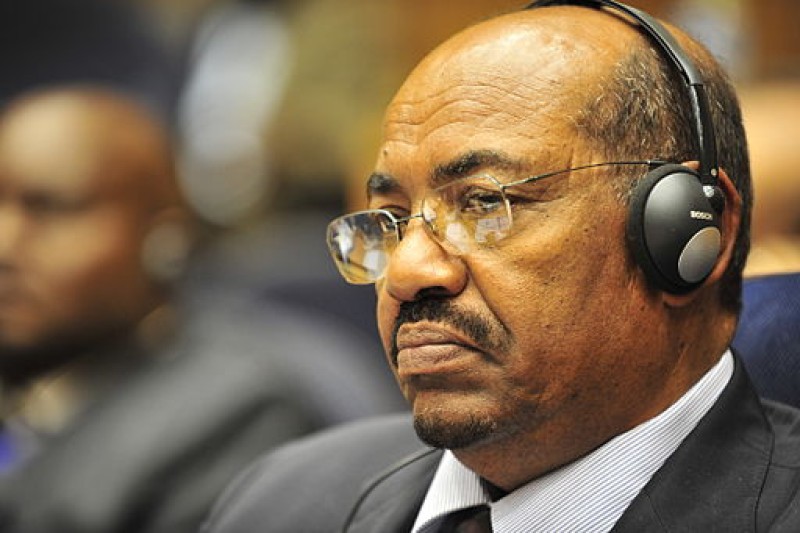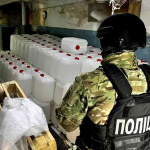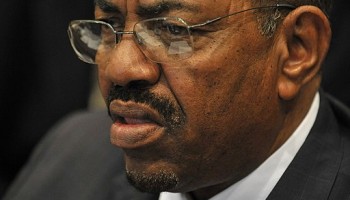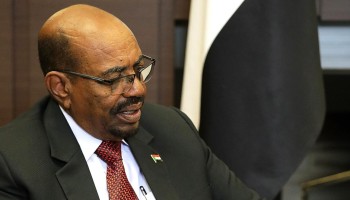However, the 75-year-old will spend that time in a social reform facility since, under Sudanese law, people older than 70 cannot serve jail terms.
Nevertheless, one of Bashir’s lawyers, Ahmed Ibrahim, said his team would appeal the ruling, the BBC reported. His colleague Mohamed al-Hassan said that defence believes their client’s trial was “political,“ and therefore not legal.
After having ruled the country for three decades, Omar al-Bashir was arrested in April for corruption.
Authorities seized from his residence more than US$113 million in cash, including $25 million he received from Saudi Crown Prince Mohammed bin Salman. He denied having used any of it for himself but for “private donations to various parties.”
He explained he was giving money to the Military Hospital, the International University of Africa, the Islamic media chanel and the $5,4 million he allegedly gave to the Rapid Support Forces (RSF) -- the government militia.
A month later, in May, prosecutors said that the former dictator is accused of having killed people during anti-regime protests that erupted in December 2018 when authorities tripled the price of bread.
Internationally, al-Bashir is wanted for more serious crimes than graft.
The International Criminal Court, ICC, issued two arrest warrants for the former autocratic ruler, the first on March 4, 2009 and the second on July 12, 2010, for war crimes he allegedly committed in the country’s province of Darfur.
According to UN figures, around 300,000 people were killed and 2.7 million civilians driven from their homes in the Darfur region during the 2003-2008 war.
However, as the BBC reported, it remains unclear whether Bashir will ever be tried for war crimes or any other human rights violations other than the killing of protesters.






